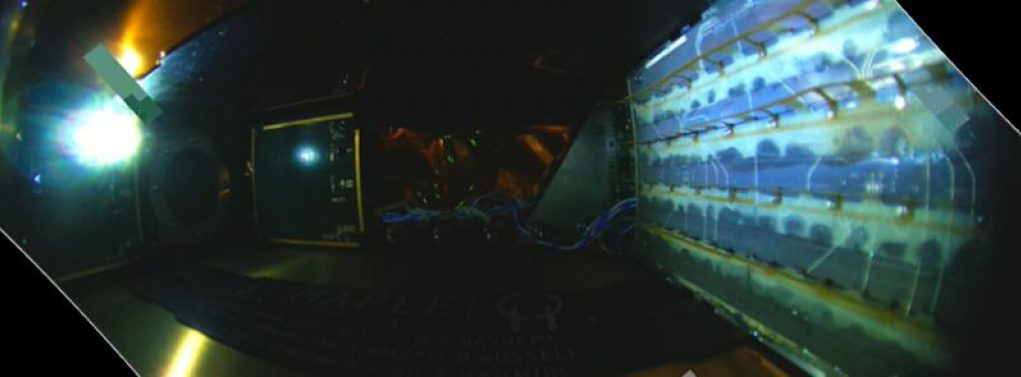Space exploration enthusiasts have reason to celebrate as the US Congress has addressed the idea of space-based solar power for the first time since the 1970s. US Rep. Kevin Mullin, D-Calif., offered an amendment to House Resolution 2988, which instructs NASA and the US Department of Energy to collaborate on research and development in various areas. Mullin sought to add space-based solar power to the list, and the amendment passed overwhelmingly by a bipartisan committee vote. While the technology to gather solar energy in space and send it to the surface as electricity is not yet commercially viable at scale, Mullin noted that Europe, Japan, China, and the United Kingdom are all studying the technology and considering in-space demonstrations. The California Institute of Technology has also demonstrated the ability to wirelessly transmit power in space and beam detectable power back to Earth. The legislation, with Mullin’s amendment now attached, should be voted on by the committee on Thursday and is expected to pass. While the House resolution carries no funding for these initiatives, it signals the intent of Congress to NASA and the Department of Energy that it is interested in seeing some movement on this topic. This could presage eventual funding.
After decades of neglect, Congress appears to be showing renewed interest in space-based solar power. In a bipartisan resolution that garnered considerable support from members of both parties, the House of Representatives affirmed its commitment to furthering the development of space-based solar power. The resolution noted the potential of such energy sources in providing an affordable, reliable, and emissions-free power source.
Space-based solar power is the concept of placing solar energy collecting and conversion systems in orbit around the Earth. These systems would convert the incident sunlight directly into electricity and then transmit the generated electricity via radio waves to receivers located on the ground. Such systems have the potential to provide nearly limitless energy, especially for remote or hard-to-access areas.
The resolution highlighted the numerous benefits of space-based solar power. In addition to providing a stable energy source, it could also help reduce dependence on finite natural resources and reduce carbon emissions. The resolution also noted the potential of such systems to provide a secure energy supply to the military in times of crisis.
In the resolution, the House pledged its continued support for research and development into space-based solar power. Prominent members of both parties provided support for the measure, indicating a shift in the political climate regarding such energy sources.
The resolution is merely a symbolic gesture at this point, with no financial implications. However, it shows a renewed interest within Congress regarding space-based solar power, and could pave the way for more tangible measures in the future. With the right support, space-based solar power could revolutionize the energy industry and provide a clean, reliable, and renewable energy source for the world.




















